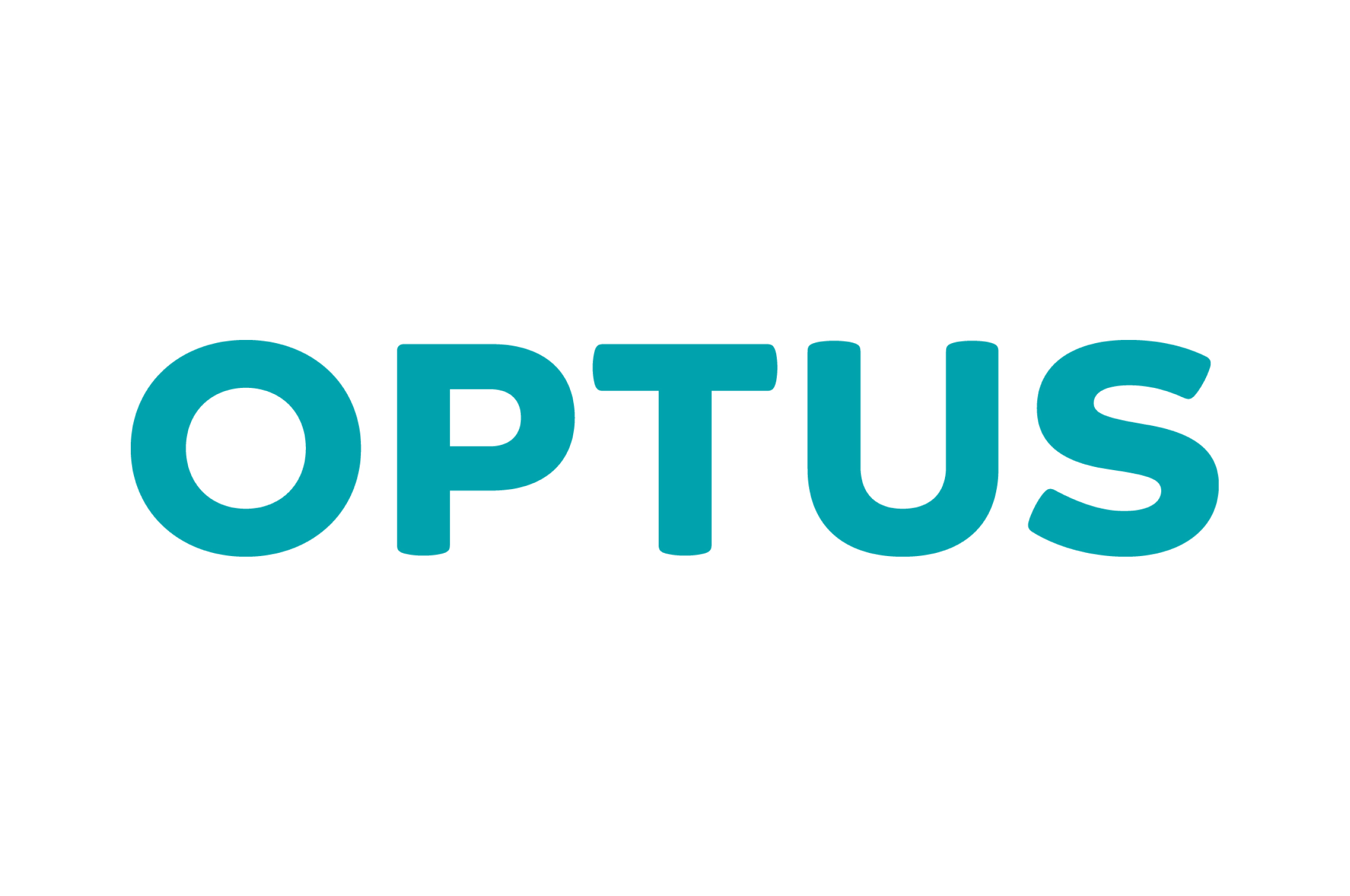Optus

How La Trobe and Optus pool ideas to help power the digital technology revolution
Partnership at a glance
- The Optus–La Trobe University partnership began in 2016 and has been extended to 2026. It aims to help drive innovation through industry engagement and research as well as prepare students for the digital future.
- Key to the partnership is the Optus 5G Ideation Lab, which offers business, government, small and medium enterprises and the La Trobe community access to new 5G technologies for problem-solving, solution development, research and collaboration.
- Position both Optus and La Trobe as leaders driving innovation in digital healthcare through the appointment of an Optus research chair.
- To build the digital workforce of the future, Optus and La Trobe are developing industry projects, supporting scholarships and internships, with Optus contributing to the design of courses to ensure qualifications are up-to-date and that students have the knowledge and skills they need to successfully contribute to our new digital economy.
Case Study
It might be wearable digital technology for healthcare or drones to enable real-time surveillance of crops. It could be the opportunity for researchers to push boundaries or for students to take the wheel of leading-edge technology to be ready for careers in Australia’s digital future. Inside the Optus 5G Ideation Lab, there’s a vast range of problem-solving possibilities.
Based at La Trobe’s Digital Innovation Hub, the Lab is a physical space in which business, government, startups, small and medium enterprises and La Trobe’s student and research community can put 5G technology – not yet widely available – through its paces.
The Lab represents a $6.8 million investment but is just one element – albeit a key component – in the collaboration between the university and Optus Enterprise. Dating back to 2016 and recently extended for another five years, the partnership links multiple areas of the university including research, teaching, workforce development and infrastructure.
Jason Bamert, the Associate Director Education, Optus Enterprise says that teamwork, a mutual alignment on core objectives and an ability to “speak the same language” is helping drive digital transformation in areas of mutual interest. Both partners have a particular focus on how 5G, IoT, data analytics, AI, and cybersecurity will disrupt and transform our critical industries, including healthcare, agtech, food supply and education.
Our La Trobe partnership gives us additional access to the talent, deep research capabilities and innovation expertise across core digital technologies in selected key industries
“There’s a significant need across the Commonwealth for us to drive academic–industry collaboration, and our partnership with La Trobe serves as a true exemplar. There are millions of dollars being made available to organisations that can demonstrate collaboration between our national universities and academic institutions that will drive our national economy forward.”
A feature of this collaboration will be the appointment of an academic research chair in digital health. Bamert says the role will help drive research direction and leadership around the application of digital technologies and tools in digital healthcare delivery and open up thinking about the possibilities. It’s an important position in a key development area for both partners.
A shared commitment to invest in the workforce of the future, too, is embedded deep in the partnership. Bamert says that, with a large workforce across Australia, Optus is constantly looking to develop a pipeline of skilled employees who are job ready and future focused. It will provide scholarships and look at ways to create meaningful industry projects and placements for the La Trobe cohort, but also wants to contribute at the ground floor – to course design – to ensure students have in-demand skills.
“These technologies are moving at such an accelerated rate that you are constantly having to ensure that the curriculum is keeping up,” he says. “Yes, students get a degree, but ultimately it is how this learning leads to employment in our economy. So, we have to make sure that we're equipping them with the most up-to-date skills.
“If you can have a cybersecurity course, for instance, that’s co-developed with industry, as a student I would enrol in that course with a high degree of confidence that I'm getting a very current view of what industry is looking for, and that's going to gear me in the best possible manner to find a place in the workforce.”
To find out more on our partnerships, please contact us.